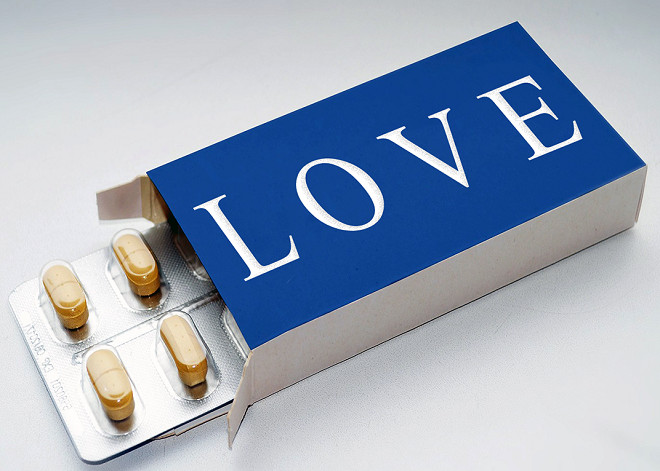Love Addiction
Love addiction is like a chemical addiction, you can't stop using it or reduce the daily dose.
Love addiction (also known as love pathology) is a set of behaviors characterized by an unhealthy and excessive interest in one or more sexual partners, according toPsychology today.Love addiction makes you dominated by emotions, lack of control over your behavior and give up other surrounding concerns.
Love addiction also leads to reckless behavior that negatively affects a person’s daily life. Like other addictions, love addiction is associated with both joy and pain.
Centuries ago, love addiction was mentioned by Shakespeare through the famous quote: "If you love and get hurt, love more; if you love more and get hurt more, love more until it hurts no more."
AboveEuropean Journal of PsychiatryIn January 2019, researchers Sanches and John discussed love addiction syndrome in people who exhibit excessive love desire and proposed treatments.
Research shows that the rate of love addiction is 3-10%. Of which, university students account for 25%.
However, it is necessary to distinguish love addiction from other pathologies, such as personality disorders, mental disorders, sex addiction; nymphomania, delusional disorder. People with delusional disorder often think that another person, often someone of high status, is in love with them.
|
Image:Health |
Symptom
Love addiction can be a disorder characterized by impulsiveness and a desire to seek novelty. People with love addiction experience similar states to those who are in love or in the early stages of intense romantic love. They are often preoccupied with thoughts of wanting to possess the person they love.
In addition, it is necessary to distinguish love addiction from lovesickness in love. Love addiction is like addiction to a chemical and the addict cannot stop using it or reduce the daily dosage.
Love addiction can be classified as a behavioral addiction, like gambling addiction. The addict does not need to use a psychological stimulant, but there are similarities to substance addiction. For example, a person in the early stages of drug use, love addicts may initially feel intense joy, satisfaction, and euphoria. They then develop a liking and dependence for these feelings and increase the number of behaviors to achieve the desired emotional effect.
Signs of love addiction also manifest in the continuous love despite the efforts to control the behavior. They often promise themselves that they will never love anyone again, but as soon as the relationship ends, they immediately find a replacement.
Treatment
John and Sanches have studied the treatment of love addiction. They use psychosocial interventions. Counseling and support from family and friends can be effective in encouraging healthier relationships.
In addition, cognitive behavioral therapy and psychotherapy are also applied by experts to treat love addicts.



.jpeg)

